Essential Restaurant Staff Training Programs: Building a Professional Team
Comprehensive Guide to Developing and Implementing Effective Restaurant Training Systems
Creating a successful restaurant isn't just about the perfect location or menu – it's equally about having a well-trained, professional team. Comprehensive staff training programs are crucial for delivering consistent service, maintaining quality standards, and ensuring customer satisfaction. Let's explore how to develop and implement effective training programs for your restaurant staff.
The Importance of Structured Training Programs
Professional training programs provide numerous benefits:
Improved service quality and consistency
Reduced staff turnover
Enhanced customer satisfaction
Better workplace safety
Increased operational efficiency
Higher profit margins
Core Training Components
1. Food Safety and Hygiene
Personal hygiene standards
Food handling procedures
Temperature control
Cross-contamination prevention
Allergen awareness
Cleaning and sanitization protocols
Customer Service Excellence
Greeting and seating procedures
Menu knowledge and suggestion techniques
Handling special requests
Conflict resolution
Dealing with complaints
Upselling techniques
3. Operations and Systems
POS system usage
Reservation management
Payment processing
Opening and closing procedures
Inventory management
Emergency protocols
4. Role-Specific Training
For Kitchen Staff:
Recipe standardization
Portion control
Kitchen equipment operation
Prep work procedures
Plating techniques
Time management
For Front-of-House Staff:
Table service standards
Wine and beverage service
Table setting techniques
Host/hostess procedures
Restaurant policies
Implementation Strategies
1. Orientation Program
Create a comprehensive orientation program covering:
Restaurant history and concept
Company culture and values
Employee handbook review
Basic policies and procedures
Safety protocols
2. Hands-On Training
Shadow experienced staff members
Practice sessions during off-peak hours
Role-playing exercises
Equipment handling demonstrations
Menu tasting sessions
3. Ongoing Education
Regular refresher courses
New menu item training
Seasonal service updates
Professional development opportunities
Cross-training programs
Training Documentation and Resources
Develop and maintain:
Training manuals
Standard operating procedures
Safety guidelines
Service standards documentation
Performance evaluation criteria
Measuring Training Success
Implementation of:
Regular performance assessments
Customer feedback analysis
Mystery shopper programs
Staff satisfaction surveys
Key performance indicators (KPIs)
Conclusion
Investing in comprehensive staff training programs is essential for restaurant success. Regular updates and reinforcement of training principles ensure consistent service quality and help build a professional, confident team.
Looking to establish professional training systems for your restaurant? MakeMyRestaurant offers comprehensive staff training program development and implementation services. Let our experts help you build and train a world-class restaurant team. Schedule a consultation today.






